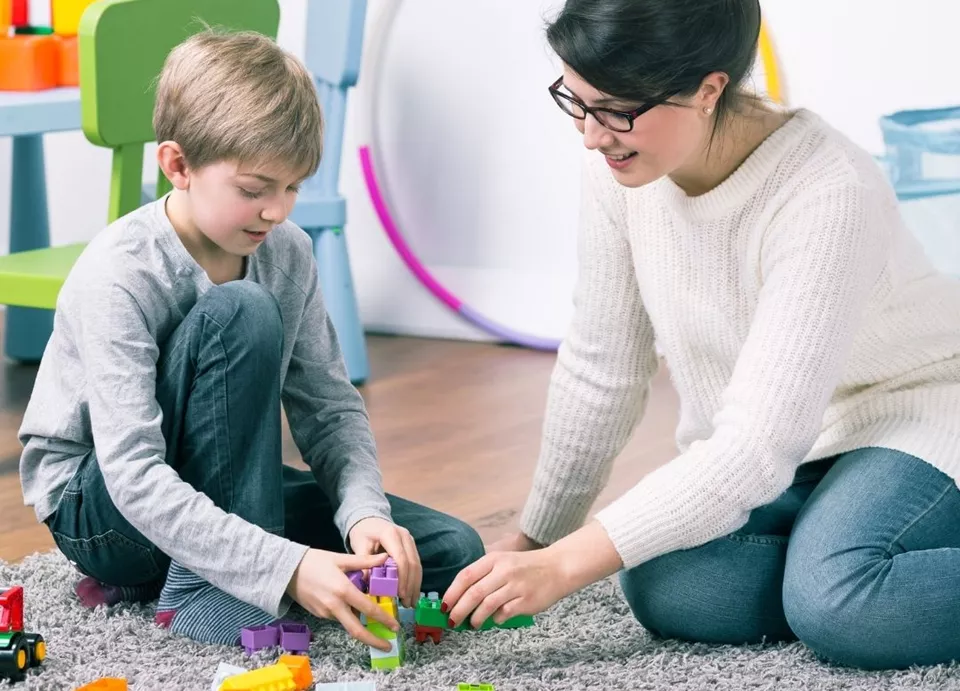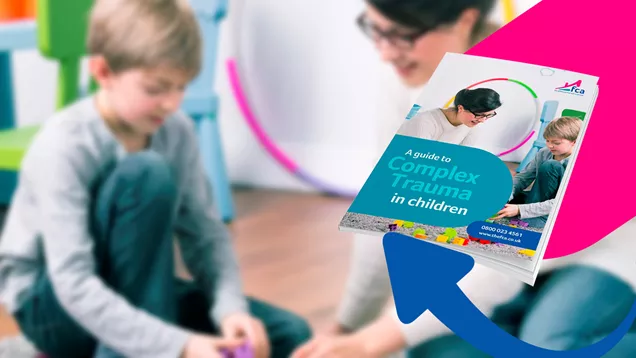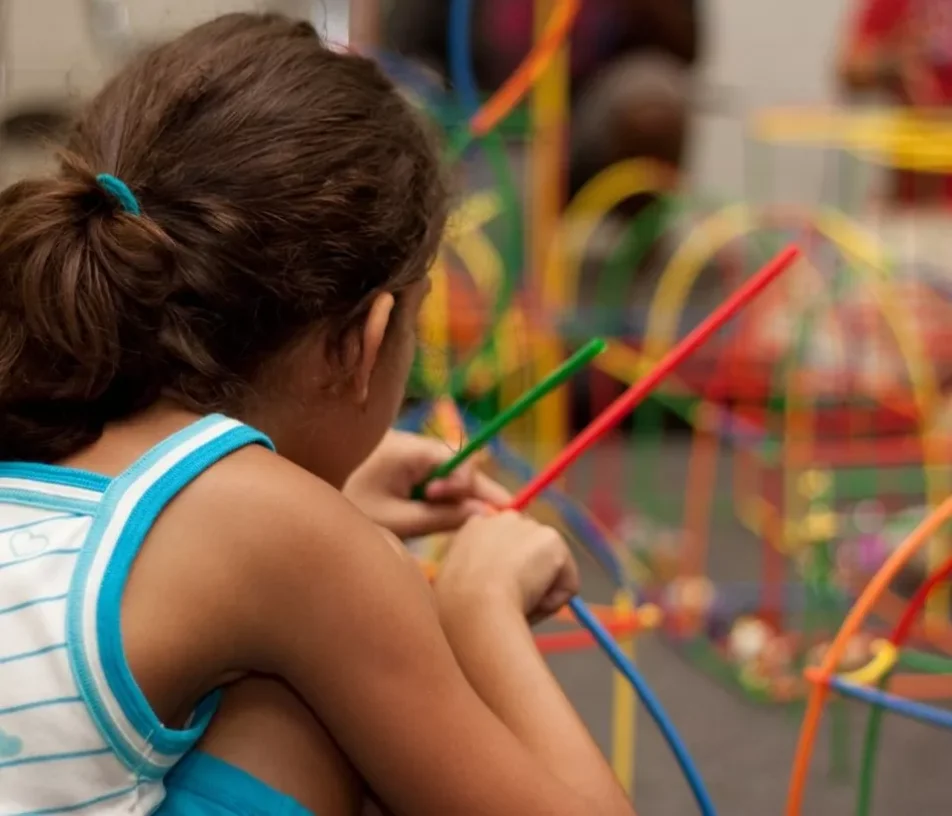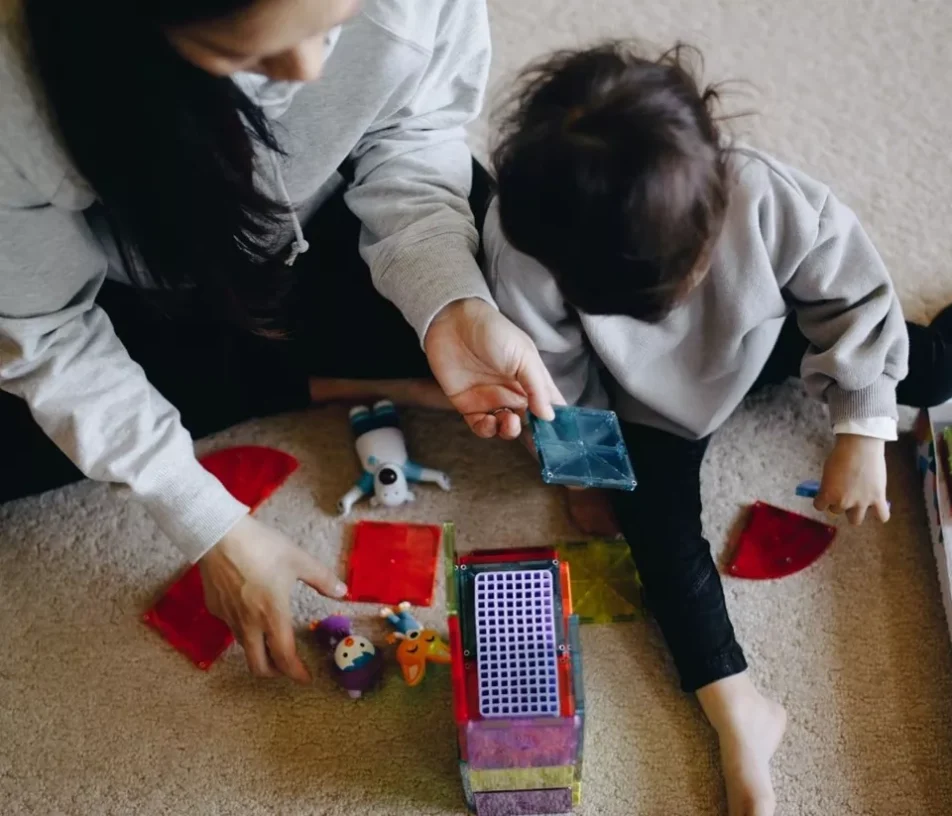
Trauma in Foster Children
Trauma is caused when a person experiences a significantly terrifying or dangerous event that compromises their safety or poses a direct threat to their life. Find out more about how to foster a child with trauma.
What is trauma?
Trauma is caused when a person experiences a significantly terrifying or dangerous event which compromises their safety or poses a direct threat to their life. This could be a rape, a natural disaster, prolonged abuse or neglect. Trauma in young children can also be caused by witnessing a loved one suffer traumatic events. This is particularly stressful for children as they place their sense of security within the perceived safety of the adults around them, so if the adult is in danger, they believe they are too. Experiencing such psychological trauma early in life can manifest in all aspects of a child’s behavioural, emotional, social and physiological development.
In foster care, many of the children are healing from childhood trauma that involved being abused or neglected. They often have a desperate desire to be cared for but also have serious trust issues with adults, which means fostering a child with trauma doesn’t come without challenges. However, it’s extremely rewarding to help a troubled child try to conquer their battles and come out the other side stronger. Fostered children need to have stable role models in their lives in order to thrive, so this is where our foster families come in.
Understanding trauma: an introduction for foster parents
What’s important to remember is that all fostered children are different. It goes without saying that for a child to be in care they will have experienced trauma of some kind – even the act of being removed from their birth family can be considered traumatic – but they’ll all have different coping mechanisms and responses to stress. As a foster parent, it’s your role to try to see past the behaviour and instead, empathise with where they’re coming from.
When a child enters foster care, they’ll have suffered a great sense of loss of all things familiar. Their home, their school, their friends. It’s unnerving to be in a new environment with new people, but for children with a history of trauma, their emotional response to this change may be intensified. Trauma affects a child’s sense of security, safety and also a sense of self, so their traumatic stress reactions to entering a new home will likely be extreme. They may have a lot of anger, severe trust issues or be an emotional brick wall. When fostering a child with trauma, the key is to be patient, work at their pace to build trust and adopt a therapeutic approach to fostering. This is the best way in helping children deal with trauma.
Signs of trauma in children
Here are some behaviours to look out for when fostering a child with trauma.
- Anxious, clingy, fearful
- Passive, despondent
- Hyperactive, restless, irritable
- Aggressive behaviour or sexualised behaviour
- Difficulty relating to others
- Repetitive play
- Sadness, depression
- Developmental regression
- Frequent daydreaming
- Lack of attention
- Frequent headaches
How does trauma affect children?
When it comes to the effects of trauma in children, it will depend on the type of trauma they’ve experienced or been exposed to, the severity and whether there were any protective measures put in place. Unfortunately, for fostered children, the traumatic events will most likely happen within the household and at the hands of their caregiver. Trauma that is ongoing and involves interpersonal relationships during childhood is called complex trauma, and it impacts children’s brains, bodies, behaviour, their ability to learn and way of thinking.
The effects of complex trauma in children include:
Attachment issues
When a child’s early relationships are unstable or unpredictable, they sadly learn that they can’t depend on others to help in times of distress. These insecure attachment patterns can result in excessive anxiety, anger and a desperate longing to be cared for. Over time, it can also lead to unhealthy co-dependent relationships.
Difficulty regulating emotions
Extreme emotional responses are common symptoms of trauma in children because traumatic events have a huge impact on a child’s ability to identify, regulate and communicate their emotions.
Behavioural issues
The most common behavioural effects we see in looked after children with trauma are impulse control, aggression and self-destruction. Due to not being able to regulate their emotions, the ability to self-soothe and calm themselves down is particularly difficult.
Mental health issues
The effects of trauma on children can also lead to them having mental health disorders such as depression, anxiety, eating disorders or developing a substance addiction to escape the pain.
Dissociation
When a child dissociates, they mentally separate themselves from the physical reality of the situation. It’s a defense mechanism to protect the child from further psychological harm, as they will see themselves outside of their own body.
Childhood flashbacks
Childhood post-traumatic stress disorder symptoms include flashbacks, which is where certain situations, smells or sounds trigger the brain into reliving the trauma. When you foster with FCA, our specialist training will teach you how to deal with triggers from trauma.
Effect of trauma on brain development
Young brains are like sponges, so if the information coming in is constantly distressing, this will have a negative impact on a child’s biological development. The effects of trauma suffered early in life can prevent the immune system and stress response system from developing properly. When a child who has gone through trauma is later exposed to a mild amount of stress, their body may ‘overreact’ and respond as if under extreme threat, leading to a rapid heart rate or severe sweating. The opposite can also happen where the body shuts down, which from the outside perspective can look like the child is unresponsive, not paying attention or detached from reality.
Trauma also impacts a child’s ability to learn. They can often be distracted by intrusive thoughts and generally lack focus, but exposure to violence at a young age can also affect their IQ and reading ability.
The effects of trauma on children’s learning can also stem from their difficulty in managing emotions, trusting figures of authority and forming bonds with people. Teachers can be seen as a threat, which causes kids to act out and get in trouble. If this behaviour continues in the classroom, they may be suspended or worse, expelled.
Check out this great infographic on how trauma impacts a child’s brain.
Common types of trauma in care
The most common reasons behind children being taken into the care system are due to abuse and neglect. One study of looked after children and young people found that 69% experienced neglect, 48% experienced physical abuse, 37% experienced emotional abuse and 23% experienced sexual abuse. (Chambers et al. 2010). When you become a foster carer with FCA, you’ll have all the support, information and advice to equip you with the right skills to support children with troubled pasts.
How can foster parents help a child recover and heal?
Supporting children who have experienced trauma is a journey that takes time, but there are ways to help children recover from their past and go on to lead healthy, happy lives. And at FCA, that’s what we strive to achieve for all of the children that come our way. When it comes to supporting children with trauma, we believe in a therapeutic approach. Our model is called Team Parenting® and it puts the child at the centre of a support network made up of experts.
If you want to know what complex trauma is and get a more in-depth view about fostering a child with trauma, download our Guide to Complex Trauma in Children. It’s got more information around trauma types, the effects and common difficulties faced by foster children.
Or, if you’re thinking about starting a career in fostering or want to transfer to us, please get in touch. We’d love to answer any questions you have about FCA, the different types of foster care or any other questions you may have.

A Guide to Complex Trauma in Children
Download the FCA’s guide to Complex Trauma in Children. Find out more about what trauma is and the different types.

